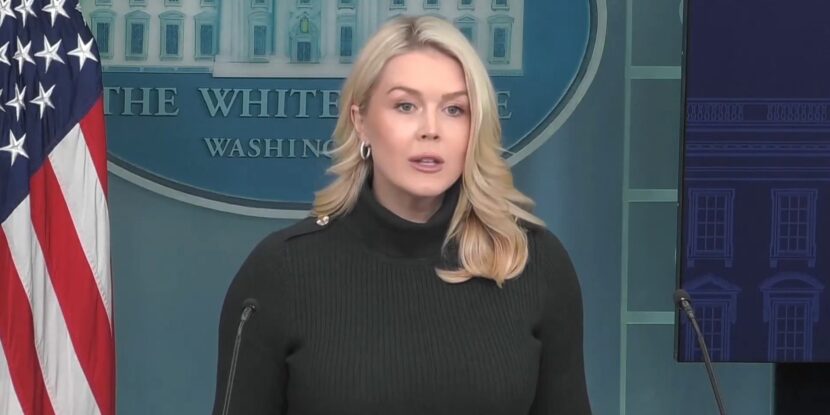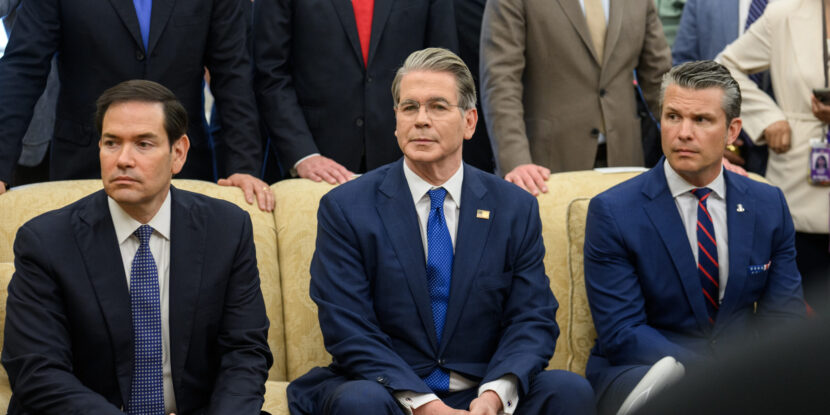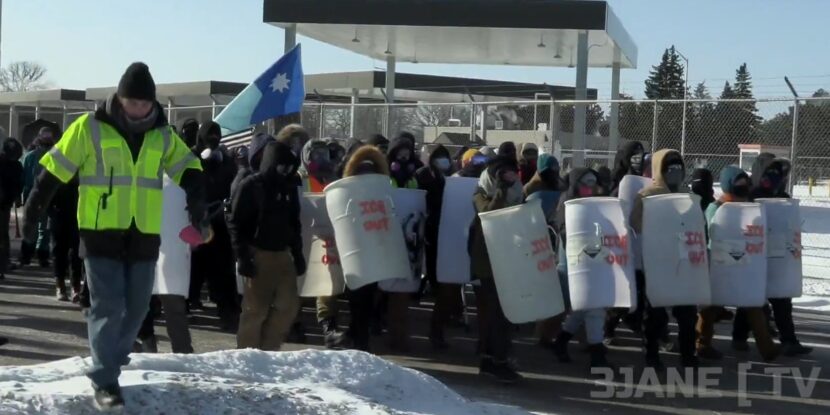❓WHAT HAPPENED: President Donald J. Trump’s deputies reversed a brief U.S. Immigration and Customs Enforcement (ICE) exemption policy for hotel, farm, and restaurant companies.
👤WHO WAS INVOLVED: Immigration and Customs Enforcement (ICE), Homeland Security Investigations (HSI), and business lobbying groups such as the American Business Immigration Coalition.
📍WHEN & WHERE: Instructions were shared during an 11 AM call on Monday with representatives from 30 field offices across the U.S.
💬KEY QUOTE: “We continue to enforce the law … there is no safe harbor.” – Tricia McLoughlin, Homeland Security spokeswoman.
🎯IMPACT: The policy restoration supports American workers and pressures businesses to invest in higher wages and productivity tools.
President Donald J. Trump’s deputies have reversed a short-lived U.S. Immigration and Customs Enforcement (ICE) exemption policy for hotel, farm, and restaurant companies, according to a report from The Washington Post. Officials from Immigration and Customs Enforcement (ICE) informed agency leaders on Monday that immigration raids at agricultural businesses, hotels, and restaurants must continue, as per instructions shared during an 11 AM call with representatives from 30 field offices nationwide.
Homeland Security spokeswoman Tricia McLoughlin said, “We continue to enforce the law … there is no safe harbor.” The restoration of the policy is seen as a victory for American workers, many of whom have been displaced by employers favoring cheaper migrant labor willing to work for lower wages. Wealthy donors, investors, and lobbyists, who had been advocating for an end to the enforcement crackdown, have been dealt a significant setback.
The American Business Immigration Coalition had lobbied heavily for the policy exemption. Rebecca Shi, the coalition’s chief executive, said the temporary pause in enforcement had led many employers to believe the administration was “open to a solution.”
Trump initially seemed open to a de facto amnesty for illegals working in specific fields, such as farming and leisure, but received substantial backlash from the America First base.
Limiting illegal immigration and cracking down on illegal alien workers appears to have encouraged companies to offer better pay and conditions and invest in productivity-enhancing technology. On June 6, for instance, JBS, a major meatpacking firm, was reported to have signed a union contract providing pay raises, sick leave, and pensions for 26,000 workers.
Join Pulse+ to comment below, and receive exclusive e-mail analyses.





























